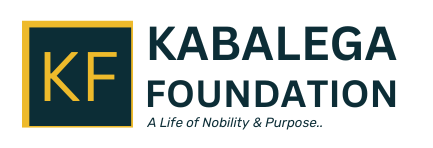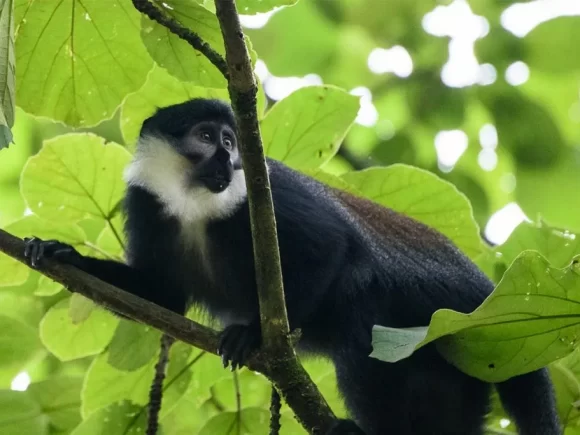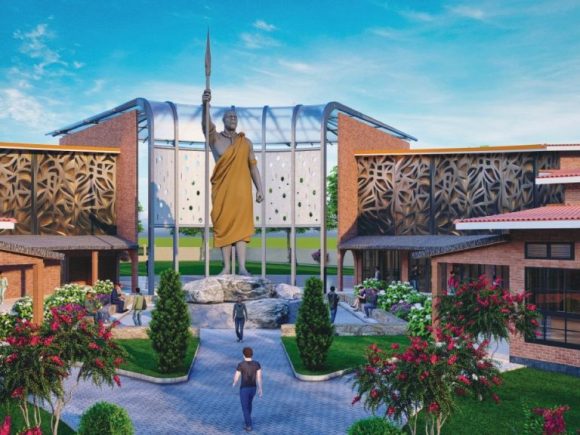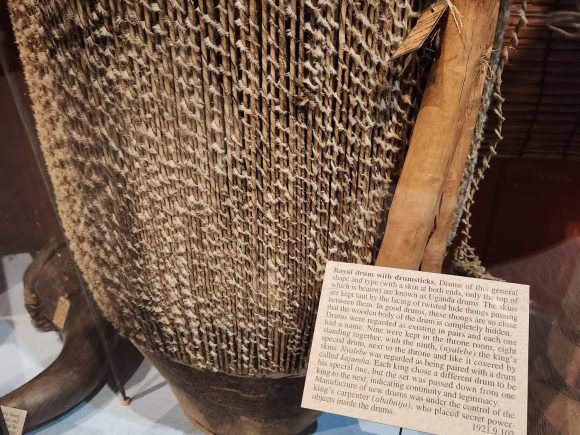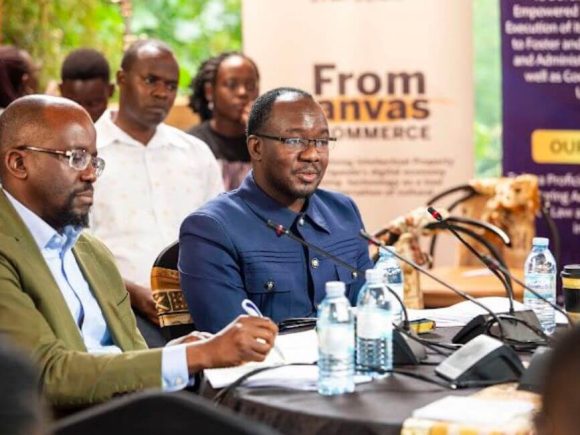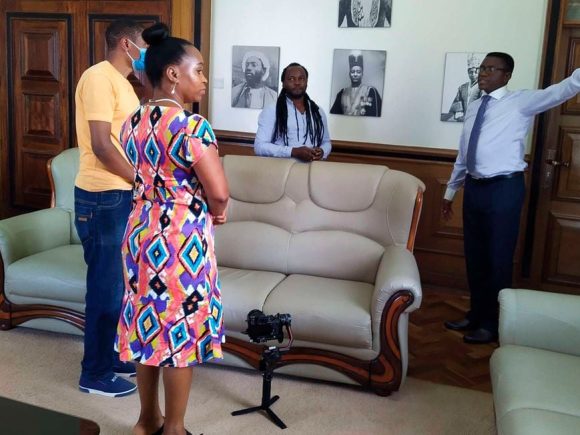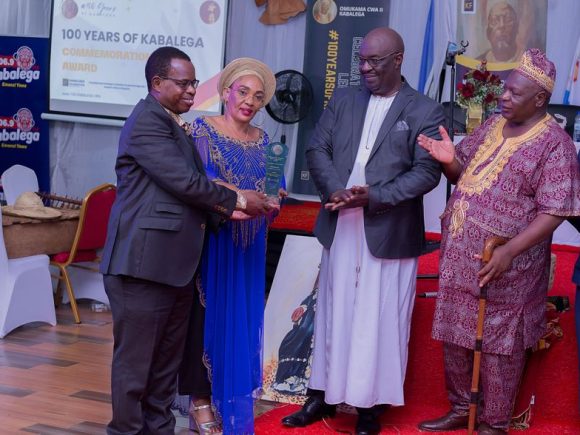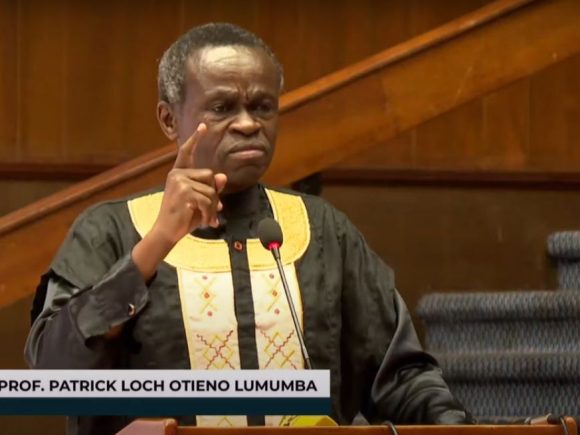Cultural Research & Documentation.
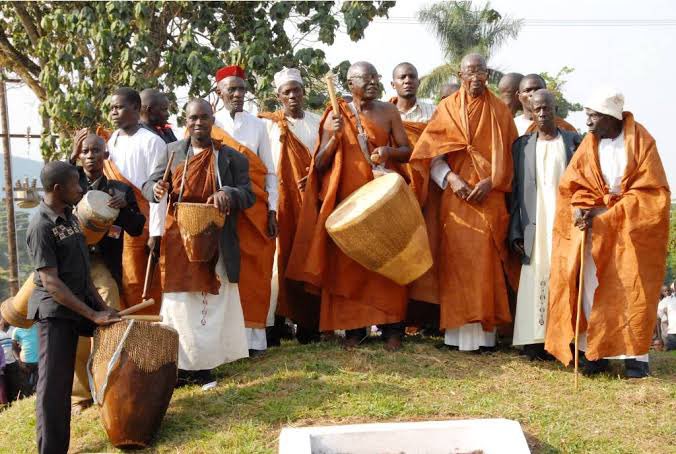
Kabalega Foundation indulges in Cultural research, documentation, and dissemination as crucial activities that play a key role in preserving the rich diversity of human cultures and heritage. Cultural research involves the study of traditions, customs, languages, practices, and historical events that define a community’s way of life. By documenting these elements, societies can create a permanent record of their cultural identity, ensuring that future generations have access to this knowledge. Dissemination, in turn, is the process of sharing this information with a wider audience, whether through publications, digital platforms, or educational programs, to increase awareness and appreciation of cultural diversity. Together, these efforts safeguard intangible and tangible cultural heritage, fostering a sense of continuity, pride, and collective memory for all involved.
The importance of cultural research, documentation, and dissemination extends beyond simple preservation. It is essential for maintaining the resilience of communities, especially in the face of globalization and modern challenges that can erode traditional ways of life. For indigenous groups and marginalized communities, in particular, these efforts are a vital tool for asserting cultural autonomy and combating the risks of cultural extinction. By documenting and disseminating cultural knowledge, societies not only preserve their traditions but also promote intercultural dialogue, understanding, and respect. This process helps bridge the gap between generations, ensuring that younger people remain connected to their heritage, while also allowing broader society to recognize and value diverse cultural contributions.
Kabalega Foundation is playing an important role in supporting cultural research, documentation, and dissemination through partnerships with local communities, cultural institutions, experts, and scholars, to collect and preserve cultural knowledge in a variety of formats—such as oral histories, written records, films, and digital archives. We also facilitate capacity-building programs to equip community members with the skills to document and protect their own heritage. Furthermore, we seek to amplify the reach of these efforts by advocating for policies that protect cultural rights, supporting international conventions on cultural preservation, and creating platforms for the global sharing of cultural materials. By engaging in these activities, we hope we can help ensure that cultural heritage is not only preserved but is passed on to future generations in a way that empowers communities and fosters respect for cultural diversity as a tool for enabling development.
